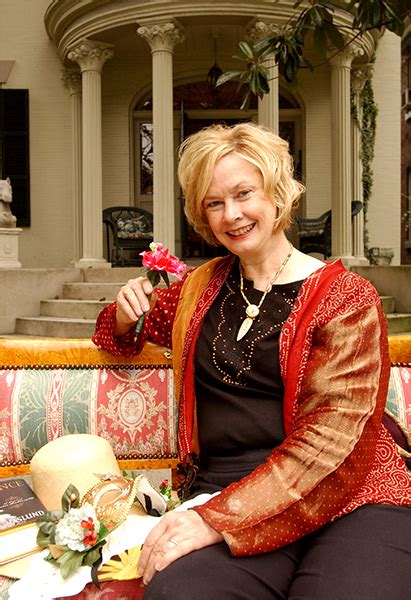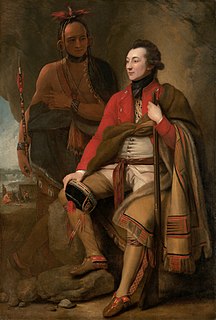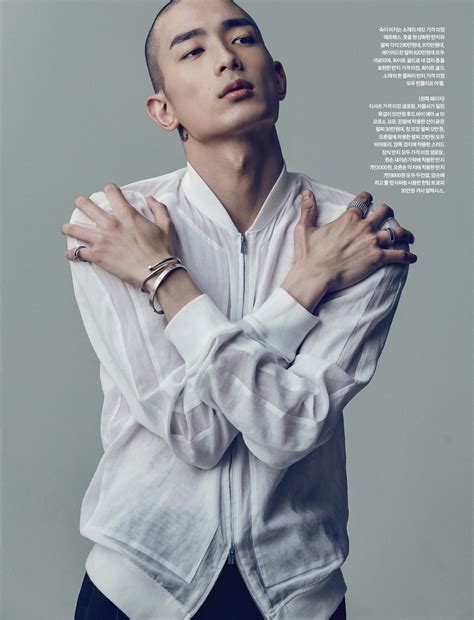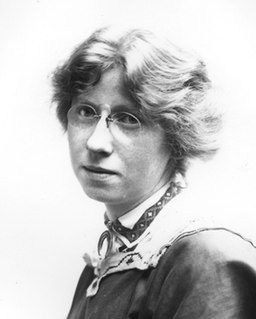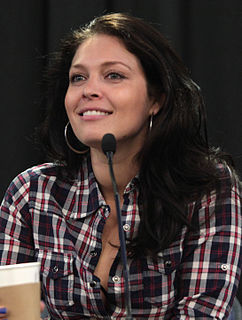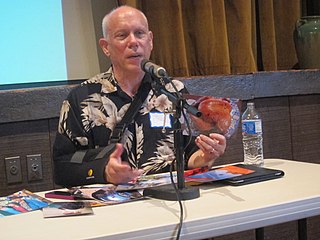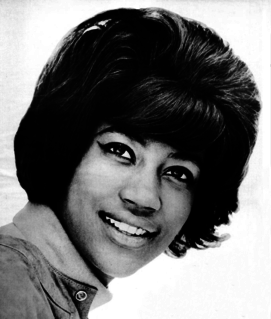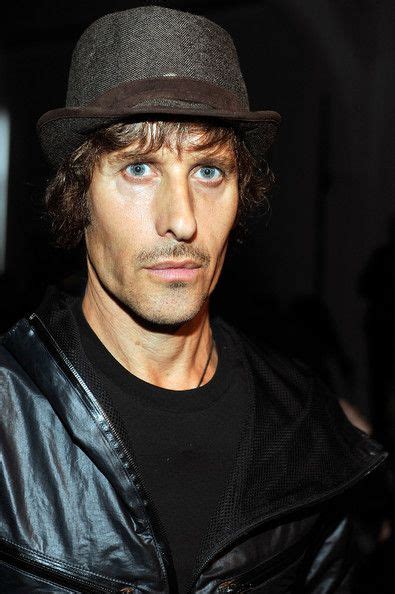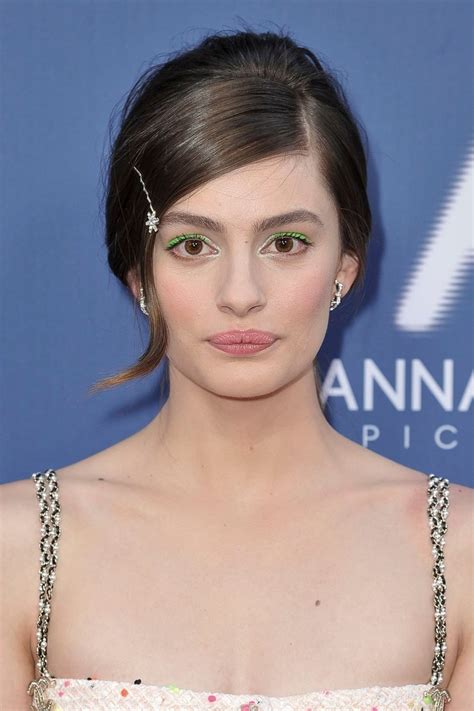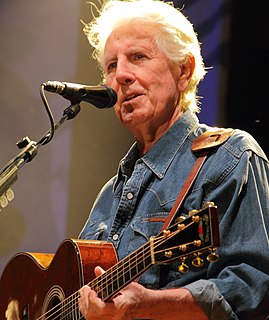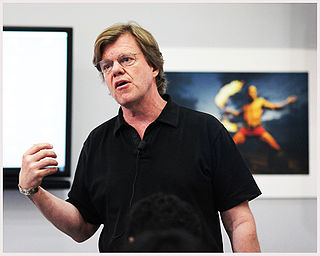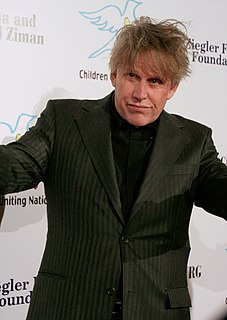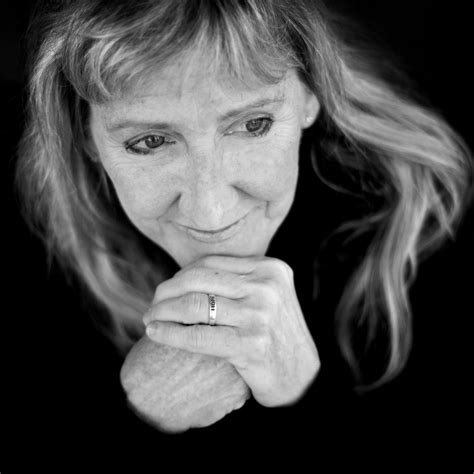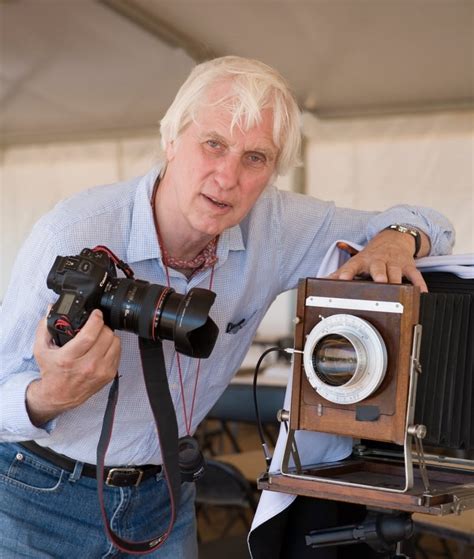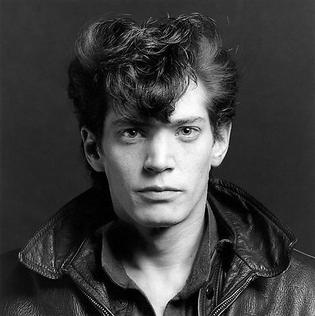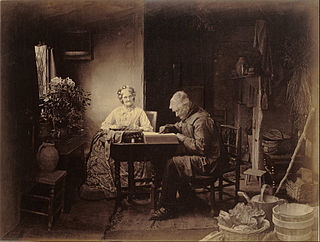Top 41 Darkroom Quotes & Sayings
Explore popular Darkroom quotes.
Last updated on April 14, 2025.
Darkroom: A Memoir in Black and White is remarkable for its truth-telling about two important issues concerning Alabama's past and present: the civil rights movement and immigration. These stories, rendered through the words and eyes of a young Latina girl who came from Argentina to Marion, Alabama, are made vivid and immediate through Weaver's highly accessible drawings and dialogue. This is a book-about maturation, family, education, and social change-every schoolchild, parent, and citizen should experience.
I still don't understand why when you put a piece of paper in a tray with solution in it, it comes up. It's still, in a sense, magic to me. It's a funny thing, you know. I've got two kids, and when they were very young, they used to come in the darkroom and I thought they'd be astounded by that. Nothing. When they got a little older, then they got astounded by it.
I was born in Seoul, South Korea; then I moved to New York City at the age of seventeen. In New York, I studied art and photography. I thought I would be a painter; then I saw Walker Evans when I was in college, and that had a great impact on me. Being in the darkroom making B&W prints was such a magical experience.
Something happens between a novel and its reader which is similar to the process of developing photographs, the way they did it before the digital age. The photograph, as it was printed in the darkroom, became visible bit by bit. As you read your way through a novel, the same chemical process takes place.
I was on the yearbook staff, so I would take out film cameras and Nikons and take photos around school and at sporting events and things like that. We had a darkroom as well. I just loved it. I also saved up for a video camera to video my friends and cut and paste the videos together and I gave them to all of my friends for graduation.
